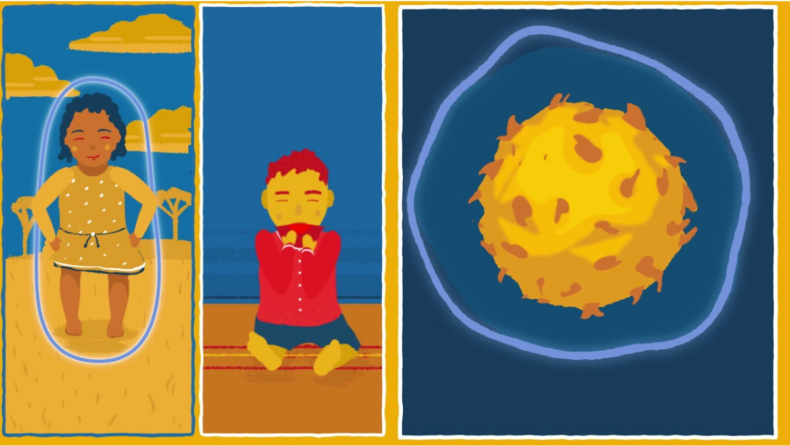Samples of sewage water that were collected earlier this year from South-west Kolkata’s Metiabruz area have given positive signs of containing poliovirus derived from vaccines.

After the detection of the presence of vaccine-derived poliovirus in Kolkata’s sewage water, Health authorities plan to execute more sampling on a large scale. Even though, experts have assured that the recent discovery is not an indication of any critical threat.
A vaccine-derived poliovirus is a very rare type that mutates the particular strain present in the Oral Polio Vaccine(OPV).
Sewage monitoring goes on throughout the country. This virus was found in a sample in Kolkata. It has been analysed with the help of World Health Organisation (WHO). Most likely it has come from someone’s gut, who is immune deficient and has since multiplied. It is not a case of human-to-human polio transfer.
NS Nigam, State health Secretary
According to the data provided by WHO, no reports on VDPV have been confirmed in India since 2016. According to the latest epidemiological report issued by WHO on June 7, only 49 cases of VDPV have been noted globally from this year’s beginning.
The samples of sewage water from which vaccine-derived poliovirus has been detected were collected from Metiabruz in the South-west part of Kolkata.
After a meeting with all the health officials, the state authorities have agreed upon the critical need for superior surveillance enforced by the frequent occurrences of Measles outbreaks and detection of Type 1 VDPV in the sewage water samples.
The last reporting of a polio case was received from the district of Howrah in West Bengal on January 13, 2011. India has been removed from the existing list ‘endemic countries with active poliovirus transmission’ by WHO on February 24, 2012.
Doctors attending currently will be asked to provide guidance to the guardians of the patients to provide stool samples to ascertain their virological status in them.
The situation is not alarming. This is just a VDPV and we haven’t come across any child who has been infected with polio after 2011. But at the same time, we have to be alert, because if children are left out of the polio immunization program then they might get infected from these VDPV.
Dr Sabyasachi Roy, Pediatrician.













